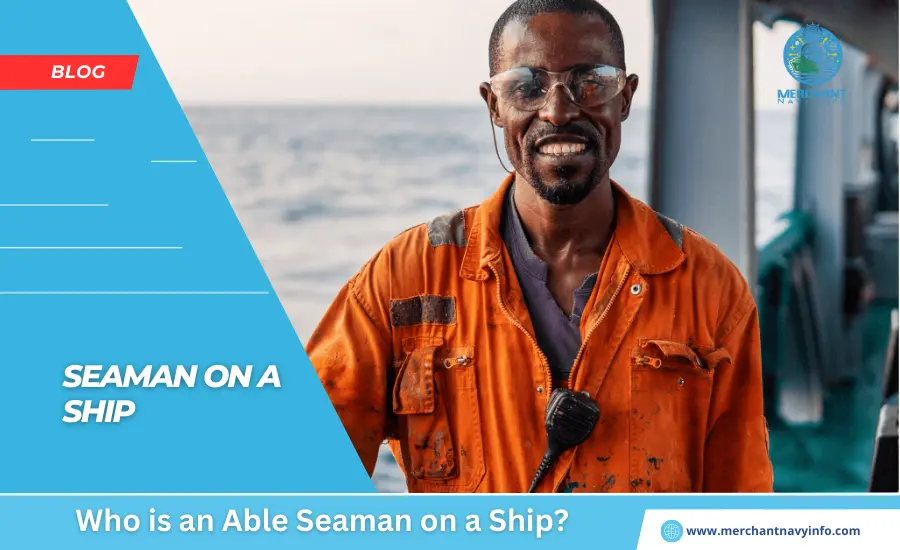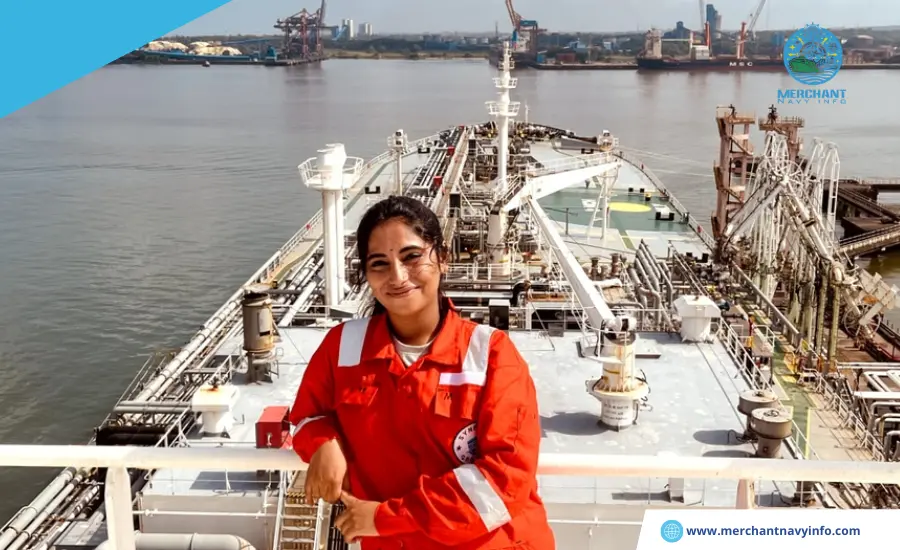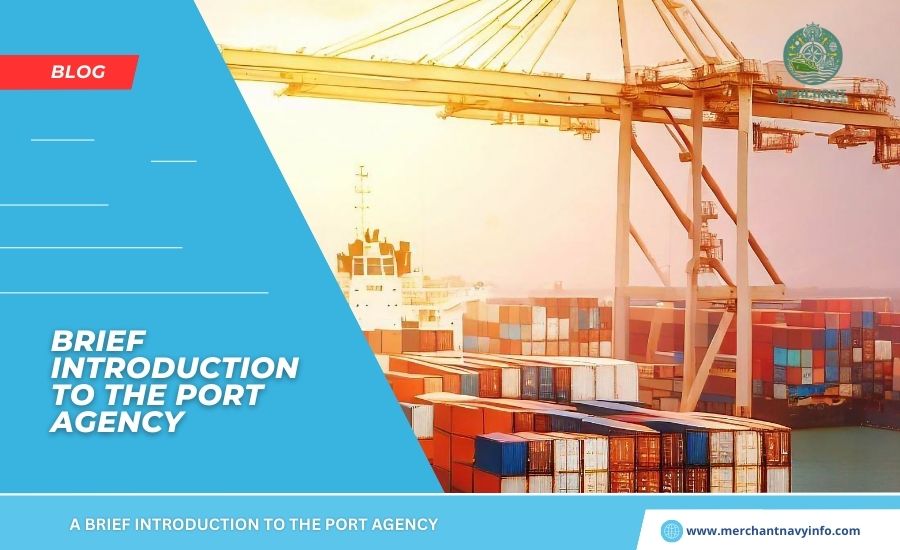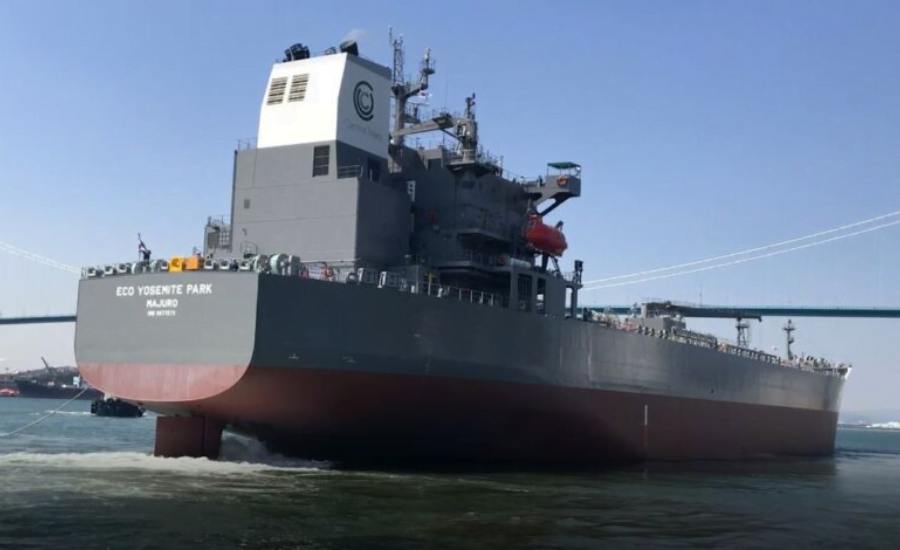
Navigating a ship in unpredictable seas is not easy. In contrast to other means of transportation, sea travel always involves chaotic climatic conditions. However, it is always the teamwork of a group of overseas-trained sailors that helps the voyage reach its destination. Like other industries, the shipping sector also has a certain hierarchy of jobs. To ensure that ship operations are smooth and coordinated. Whether it’s a cruise ship or a cargo ship. The hierarchy from the captain to the stewards is very important in maintaining order on board. In the merchant marine sector, seafarer roles are divided into three main categories:
deck sector, engine sector, and catering sector. Seafarers work under the ship’s deck department and are responsible for navigating the ship and handling cargo. In addition to training and skills, the experience and acquired knowledge of seafarers strengthen their role in this sector. On the deck of a ship, there are not only the captain and captain, but also deck officers and sailors. Deck officers typically include chief officers, second officers, third officers, and deck cadets. But non-officers within the scope of deck evaluation include boatswain, competent seaman (AB), Ordinary Seaman (OS), Trainee OS, etc.

Who is an Able Seaman?
abled bodied seaman, also known as abled bodied seaman or A.B. Is a naval rank in the deck sector of a merchant navy. Technically, a sailor with at least two years of sufficient experience at sea is called an abled bodied seaman. In order for a general seafarer to become a competent seafarer, in addition to the necessary practical experience. He or she must pass a recommendation exam. The title ‘Able Sailor’ dates back to the 18th century.
At the time, the term was used to distinguish between different seafaring pay rates. In 1653, the Royal Navy introduced this title to its naval departments as part of the introduction. Of a new pay structure after its defeat at the Battle of Dungeness. In ancient times, competent seafarers were said to have been paid at least 25% more. Than inexperienced merchant seamen who worked similar hours on board.
Deckhand Duties
It should be noted that in addition to a high salary. Deckhands are also expected to work even harder than other merchant seafarers. A competent seafarer’s duties as a seafarer include not only being an expert in life-threatening situations and severe weather conditions, but also standing watch and taking on duties near the helm (ship’s steering wheel) . Competent seafarers must work on duty on board ships, as day laborers, or in a combination of these roles, depending on requirements. They also have to help load and unload cargo and moor ships.
Basic Requirements for a Competent Seafarer
The minimum requirements to qualify as a deckhand vary depending on the vessel’s specifications and local laws. Previously, the experience level that distinguished a competent sailor from other sailors was her two years. Experience requirements are now changing and adapting to different types of ships and boats. Currently, the experience required to qualify as a competent seafarer can be summarised as follows:
Seafarers with at least six months of onboard experience will be considered for employment in AB-Sail, AB-Fishing Industry (FISH IND).
And A.B. Offshore Support Vessels (OSV).
Alternatively, some of the service requirements may be replaced by training on a training ship, which provides courses in addition to training at sea.
Duties for These Skilled Seafarers
Include maintenance and repair work, raising and lowering lifeboats, and handling and stowing cargo.People who want to become good sailors in certain regions (such as the Great Lakes in the United States) need at least one year of experience as a sailor.General seafarers with one year of experience on vessels 65 feet or more in length are eligible to become an AB-Mobile Offshore Unit (MOU) (note that rules vary by country). Similarly, a seafarer with one year of qualifying experience at sea on vessels operating in the U.S. Federally navigable inland and open ocean waters may qualify for the rank of A.B. Special.
Her AB in this category is tasked with keeping a lookout at the bow and steering the ship as directed by the captain or officer in charge. A person who wants to become a competent seafarer only in some selected areas must have at least one and a half years of professional experience as a seafarer. To qualify for A.B. Limited, a seafarer must have at least 18 months of specialized experience on a vessel of at least 100 gross tons. A.B. Limited duties include leading other crew members in the maintenance of the ship and communicating with other vessels.
Seafarers Who Want to Become an Abled Bodied Seaman
In any waters around the world must have at least three years of shipboard service experience. A.B. Unlimited, the highest rank of able seafarer, has at least 1,080 days of qualified seafaring experience on the deck of a ship. A.B. Unlimited earns the highest salary among skilled seafarers working in the industry and is often entrusted with important tasks such as checking the navigational accuracy of the ship while operating in autopilot mode. In addition, it should be noted that the seafarer’s experience taken into account also includes the ship’s loading capacity (measured in gross tonnage) and the ship’s specialty (cargo or passengers). Similarly, candidates’ seafaring aptitude and ability to perform well were evaluated before they were finally recognized as competent seafarers.
Deck Seafarer Qualifications
However, experience alone does not qualify you to become a deck sailor. Typically, to be considered a competent seafarer, a candidate must be at least 18 years old and pass several examinations and qualification exams according to Merchant Marine employment regulations. These tests are performed to see if the person can take on the additional responsibilities and duties that need to be completed. This test assesses seafarers’ personal survival techniques and skills in fire protection and extinguishing, personal safety, basic first aid, and social responsibility. Additionally, the test will also assess the candidate’s English language skills. Life-saving acumen is a very important concept, and as those who are primarily required to carry out watchkeeping duties, it is the merchant seaman’s responsibility to ensure immediate life-saving in the event of an emergency.
Therefore, it is a very important concept to be tested. The practical demonstration requires candidates to be able to demonstrate their skills by taking command of a ship. Applicants must demonstrate training in a variety of other outboard tasks, including, but not limited to, directing evacuation operations and lowering lifeboats into the water. In addition, seafarers must also demonstrate knowledge of nautical terminology and important off-board practices such as major knots, seams, joints and bends. The career of a skilled sailor is definitely suitable for motivated people. Gain further experience at sea to secure a promising maritime career. This position not only offers a high salary compared to other seafaring jobs abroad but also provides the basis for a bright and promising career.










